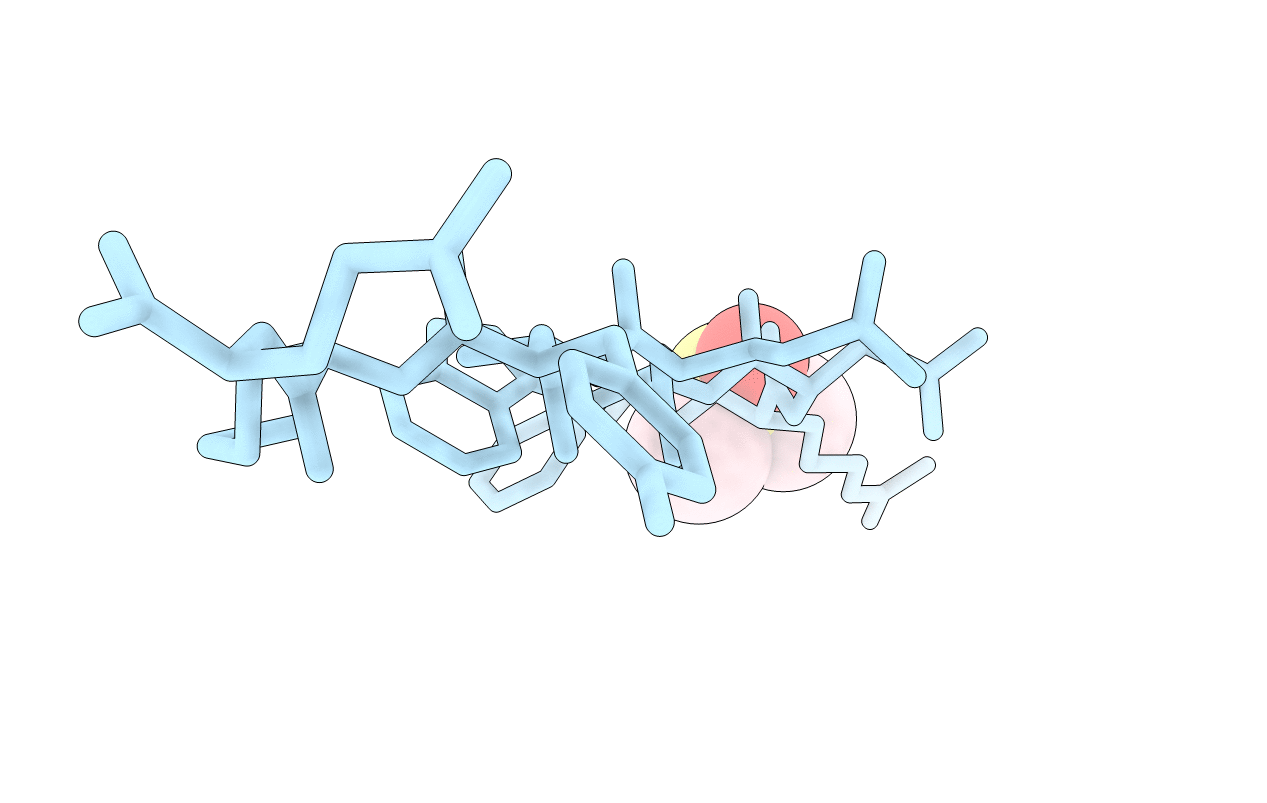
Deposition Date
2021-05-28
Release Date
2022-06-01
Last Version Date
2024-05-22
Entry Detail
PDB ID:
7N2D
Keywords:
Title:
MicroED structure of human zinc finger protein 292 segment (534-542) phased by ARCIMBOLDO-BORGES
Biological Source:
Source Organism(s):
Homo sapiens (Taxon ID: 9606)
Method Details:
Experimental Method:
Resolution:
1.50 Å
R-Value Free:
0.25
R-Value Work:
0.20
R-Value Observed:
0.21
Space Group:
C 1 2 1


